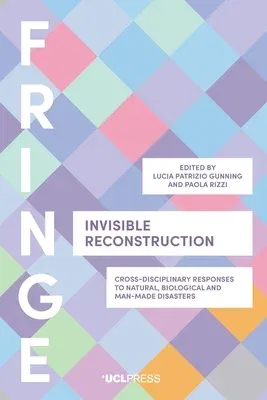Repairing communities, not just buildings, in the wake of disasters.
What does it really mean to reconstruct a city after a disaster? Is the
repair and reinstatement of buildings and infrastructure sufficient?
This volume argues that the true measure of success should be societal.
After all, a city without people is no city at all. The book brings
together academics and practitioners from a wide variety of disciplines,
comparing strategies and outcomes in different scenarios and cultures
from South America, Europe, and Asia. From cultural heritage and public
space to education and participation, contributors reflect on the
interconnection of people, culture, and environment and constructive
approaches to increasing resilience and reducing vulnerability. Bringing
practical examples of how communities and individuals have reacted to or
prepared for disaster, the publication proposes a shift in public policy
to ensure that physical reinforcement and rebuilding are matched by
attention to societal needs. Invisible Reconstruction is essential
reading for policymakers, academics, and practitioners working to reduce
the impact of disasters or to improve post-disaster recovery.

